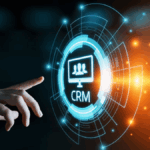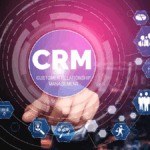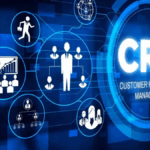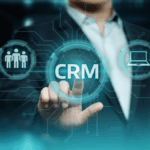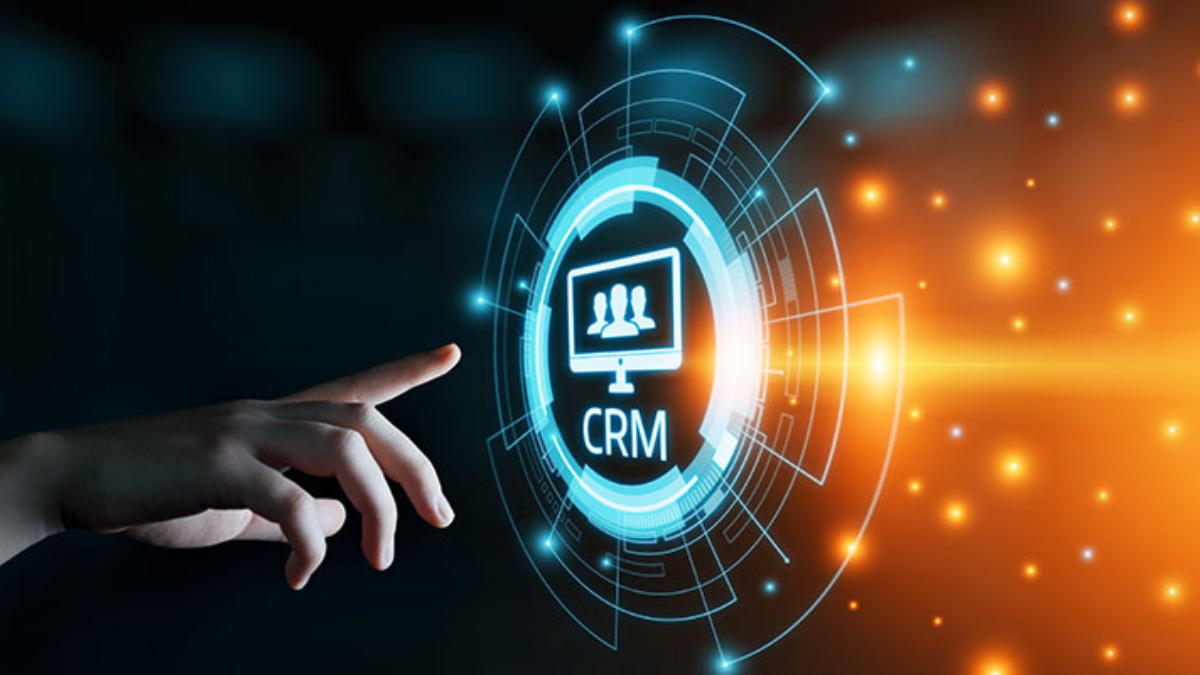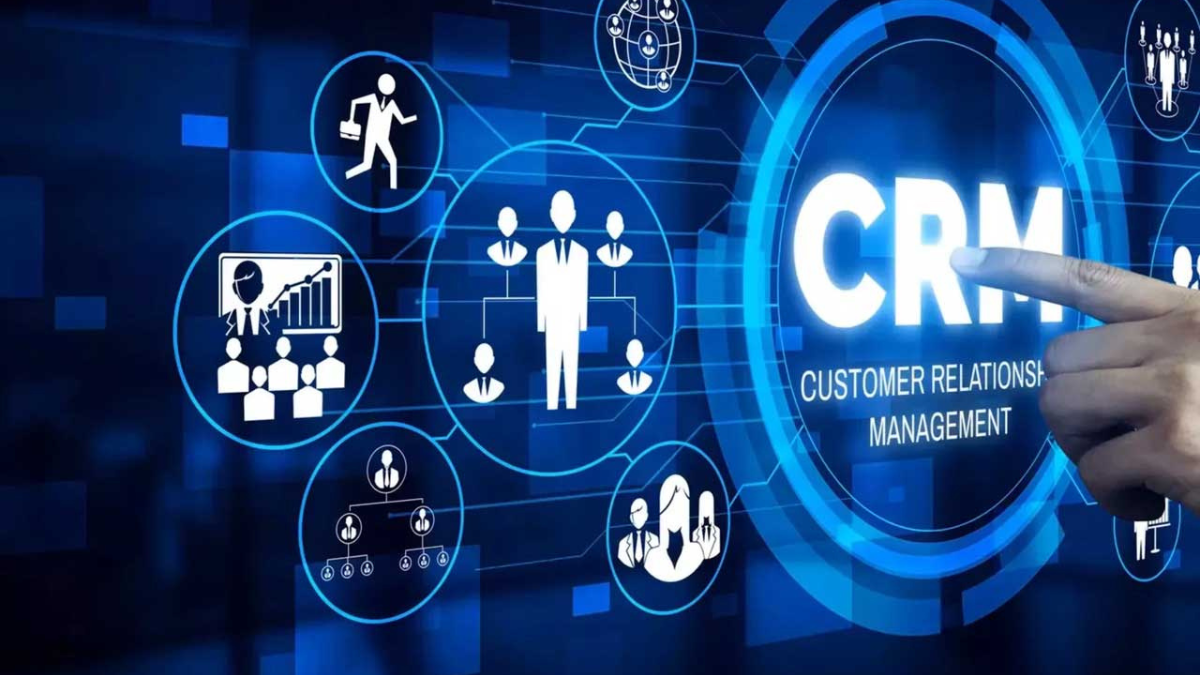In today’s competitive digital landscape, businesses must manage their relationships with customers effectively to drive sales, build loyalty, and foster growth. This is where Customer Relationship Management (CRM) systems come into play. However, with so many options available, selecting the right CRM system can feel overwhelming.
To simplify the decision-making process, this guide outlines the top features you should look for in a CRM system, ensuring you choose a platform that fits your business goals and enhances customer engagement.
Why CRM Matters
A CRM system acts as a centralized hub for all customer-related data. It helps businesses manage contacts, track sales pipelines, monitor interactions, and improve communication between teams. But not all CRM systems are created equal. The best solutions are packed with features designed to automate tasks, boost productivity, and provide valuable insights.
Let’s explore the essential features that define a robust and efficient CRM platform.
Core Features to Look for in a CRM System
Contact and Lead Management
A CRM should allow you to manage your entire customer database seamlessly. This includes contact details, communication history, preferences, and more.
- Organize leads and contacts efficiently
- Segment based on demographics, behavior, or interests
- Track interactions and activities in real-time
Sales Pipeline Management
An effective CRM provides a visual representation of your sales pipeline, helping your team understand where each lead stands in the customer journey.
- Drag-and-drop interface for easy movement of leads
- Customizable stages for different sales processes
- Deal tracking with expected close dates
Task and Activity Tracking
Stay organized by setting reminders, follow-ups, and tasks associated with specific leads or accounts.
- Assign tasks to team members
- Set deadlines and priorities
- Get notifications and activity summaries
Email Integration
A quality CRM system integrates with your email platform to streamline communication and log interactions automatically.
- Send and receive emails directly from the CRM
- Track email opens, clicks, and replies
- Use pre-built templates for faster outreach
Reporting and Analytics
Data-driven decisions start with accurate insights. Your CRM should offer customizable reports and dashboards.
- Sales performance analysis
- Lead source tracking
- Conversion rate monitoring
Advanced Features to Enhance Productivity
Marketing Automation
A CRM with marketing automation saves time and nurtures leads through predefined workflows.
- Email campaigns triggered by user behavior
- Drip campaigns and newsletters
- Social media integration for unified outreach
Customization and Flexibility
Your CRM must be adaptable to your business processes and structure.
- Custom fields and modules
- Workflow automation
- Role-based access controls
Mobile Accessibility
With remote work and field sales, mobile CRM access is no longer optional.
- Android and iOS compatibility
- Offline access to key data
- Push notifications for updates
Integration Capabilities
The CRM should seamlessly integrate with your existing tools and software.
- Accounting platforms
- Marketing tools
- Customer service solutions
Workflow Automation
Automate repetitive tasks to focus on strategic decision-making.
- Auto-assign leads
- Trigger email sequences
- Notify teams of lead status changes
Customer-Centric Features to Improve Engagement
Omnichannel Communication
Deliver consistent service across email, chat, phone, and social media.
- Centralized inbox for all communication
- Channel-specific analytics
- Chatbots and AI for 24/7 support
Customer Journey Mapping
Understand the full customer lifecycle with visual journey mapping tools.
- Identify drop-off points
- Analyze customer behavior
- Optimize touchpoints for engagement
Knowledge Management
Access centralized knowledge bases for both customers and support agents.
- FAQs, guides, and documentation
- Self-service portals
- Context-based help articles
Feedback and Surveys
Gather and analyze customer feedback directly through the CRM.
- Post-sale satisfaction surveys
- Net Promoter Score (NPS) tracking
- Customer experience insights
Security and Compliance Features
Data Security and Privacy
A CRM system should prioritize user data protection with robust security protocols.
- Role-based access
- Encryption of sensitive data
- Regular backups
GDPR and Compliance Tools
Ensure your CRM is compliant with relevant data protection laws.
- Data processing agreements
- Consent management
- Right-to-be-forgotten requests
Scalability and Usability
User-Friendly Interface
An intuitive interface reduces the learning curve and boosts adoption rates.
- Simple dashboard navigation
- Minimal training required
- Customizable views
Scalability for Growth
Your CRM should grow with your business needs.
- Flexible pricing plans
- Multi-user capability
- Support for high data volumes
Support and Training Resources
Onboarding and Training
Look for CRMs that offer guided onboarding and educational resources.
- In-app tutorials and walkthroughs
- Webinars and online documentation
- Dedicated training support
Customer Support Availability
Responsive support is essential for uninterrupted business operations.
- Live chat or phone support
- Ticket system
- Community forums and FAQs
Industry-Specific Capabilities
Vertical Customization
Choose a CRM that offers features tailored to your specific industry.
- Custom modules for different sectors
- Pre-built templates and automation
- Workflow alignment to business model
Localization and Language Support
If you operate globally, your CRM should support multiple languages and currencies.
- Time zone configuration
- Currency conversions
- Local tax compliance
AI and Predictive Intelligence
Lead Scoring and Forecasting
Artificial intelligence can help you focus on high-value leads with predictive analytics.
- Score leads based on engagement
- Forecast future sales
- Get recommendations for next actions
Chatbots and AI Assistants
AI-powered tools enhance user experience and streamline communication.
- Auto-responders for common queries
- Smart suggestions during sales calls
- AI-driven content recommendations
Conclusion
Choosing the right CRM system is a crucial step in driving business efficiency and customer satisfaction. While many CRM tools offer similar core functions, the best systems distinguish themselves with intelligent automation, deep analytics, and adaptability to your unique business needs.
By focusing on features such as contact management, sales pipeline tracking, omnichannel communication, workflow automation, and data security, you can select a CRM that enhances productivity, improves customer relationships, and scales as your business grows.
FAQs
1 What is the most important feature in a CRM system?
The most important feature is contact and lead management, as it forms the foundation of all CRM activities.
2 Do I need marketing automation in my CRM?
Yes, marketing automation can save time and help nurture leads effectively, increasing your chances of conversion.
3 Is mobile access essential for CRM software?
Absolutely. Mobile access ensures your team can manage customer relationships on the go, enhancing flexibility and responsiveness.
4 Can small businesses benefit from CRM systems?
Definitely. CRMs streamline operations, automate repetitive tasks, and provide valuable insights—regardless of company size.
5 How secure is my customer data in a CRM?
Most CRM platforms include encryption, user access control, and backup protocols to keep your data secure. Always check for compliance with privacy laws.

